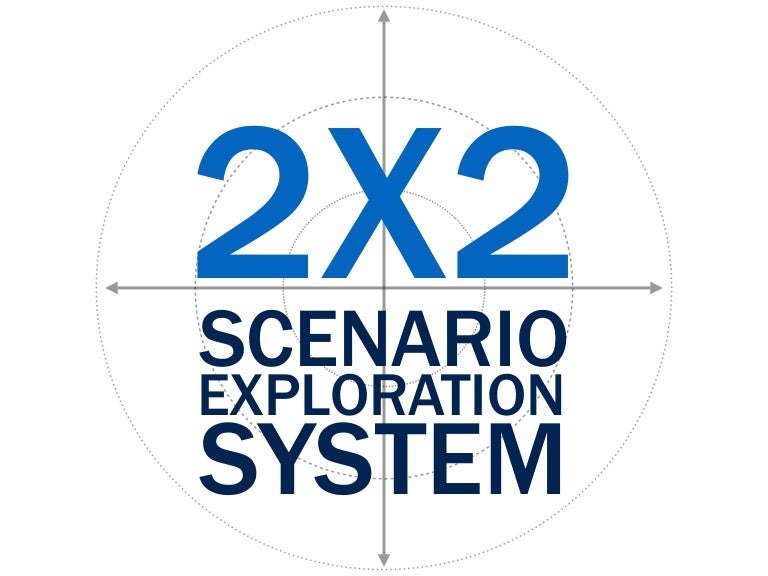
“‘Blade Runner’s’ chillingly prescient vision of the future” offers a (brief) review of the 1982 Ridley Scott film and how much 2017 appears to reflect Scott’s portrayal of the human-machine interface. With ‘Blade Runner 2049‘ coming out soon (today, I think), the short piece is a nice opportunity to return to the 1982 now-classic film.
As a sidebar: In terms of visions of the future, it is always interesting to me that “vision of the future” is characterized here as “look, Scott got it more right than he might have known;” however, his view of the future, a strict prognostication or even foresight, is not really consistent with the academic study of the future (not that the author of this piece should be held to that standard). On balance, there are “ethnographers of the future” looking into science fiction too, but there is also a growing linkage between STS and a small world called futures studies, ontological research on the character of the future as a concept, and even scholars that do not owe much of their intellectual heritage to either tradition making serious headway into managing multiple futures. Getting past “visions of the future made in the past were right or wrong” as a framework might make for some interesting discussion in the public media realm, provided readers want something past the all-too-easy “they got it right!” or “ha! They botched it” critiques leveled safely from the sidelines in retrospect.


You must be logged in to post a comment.